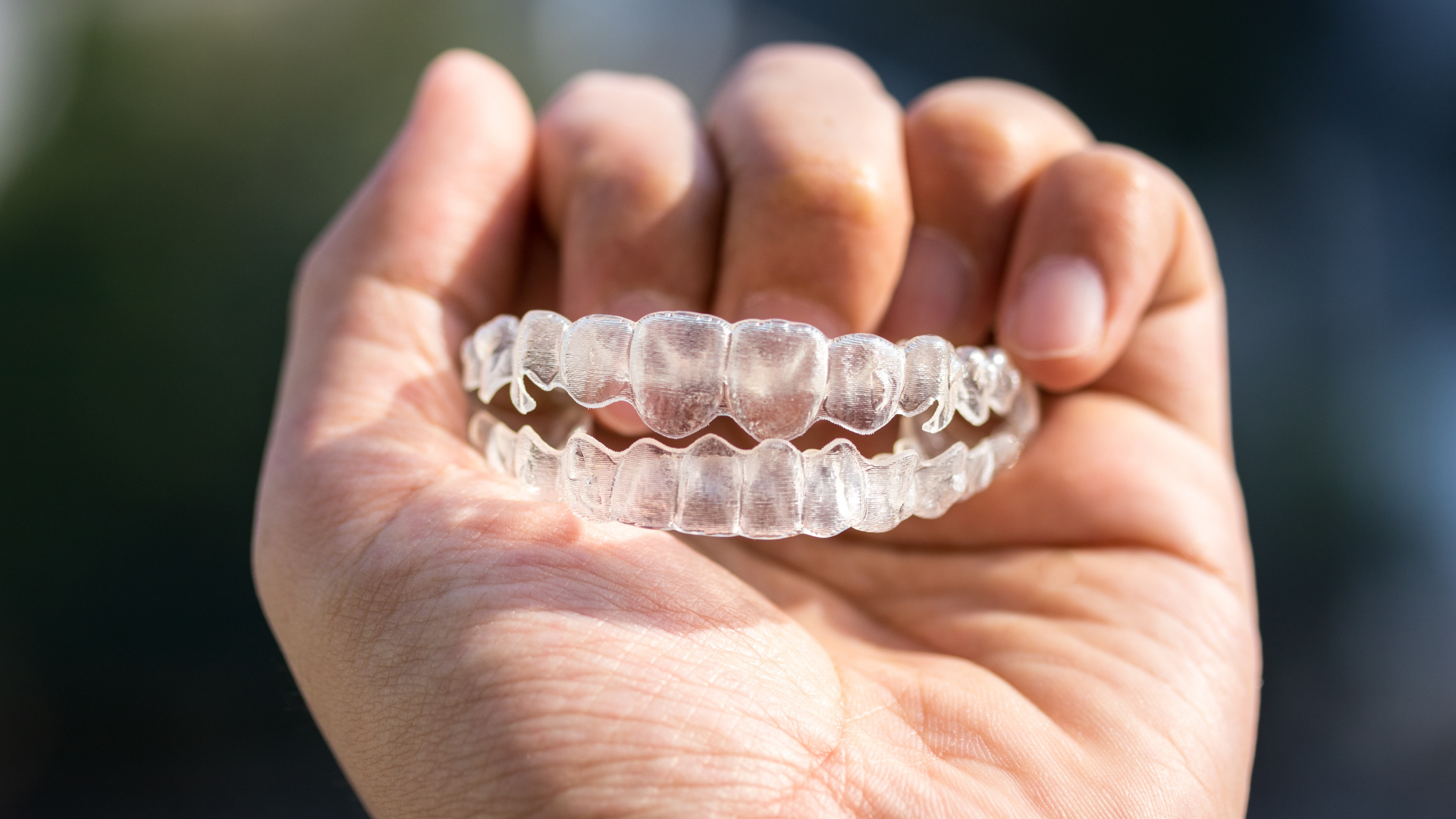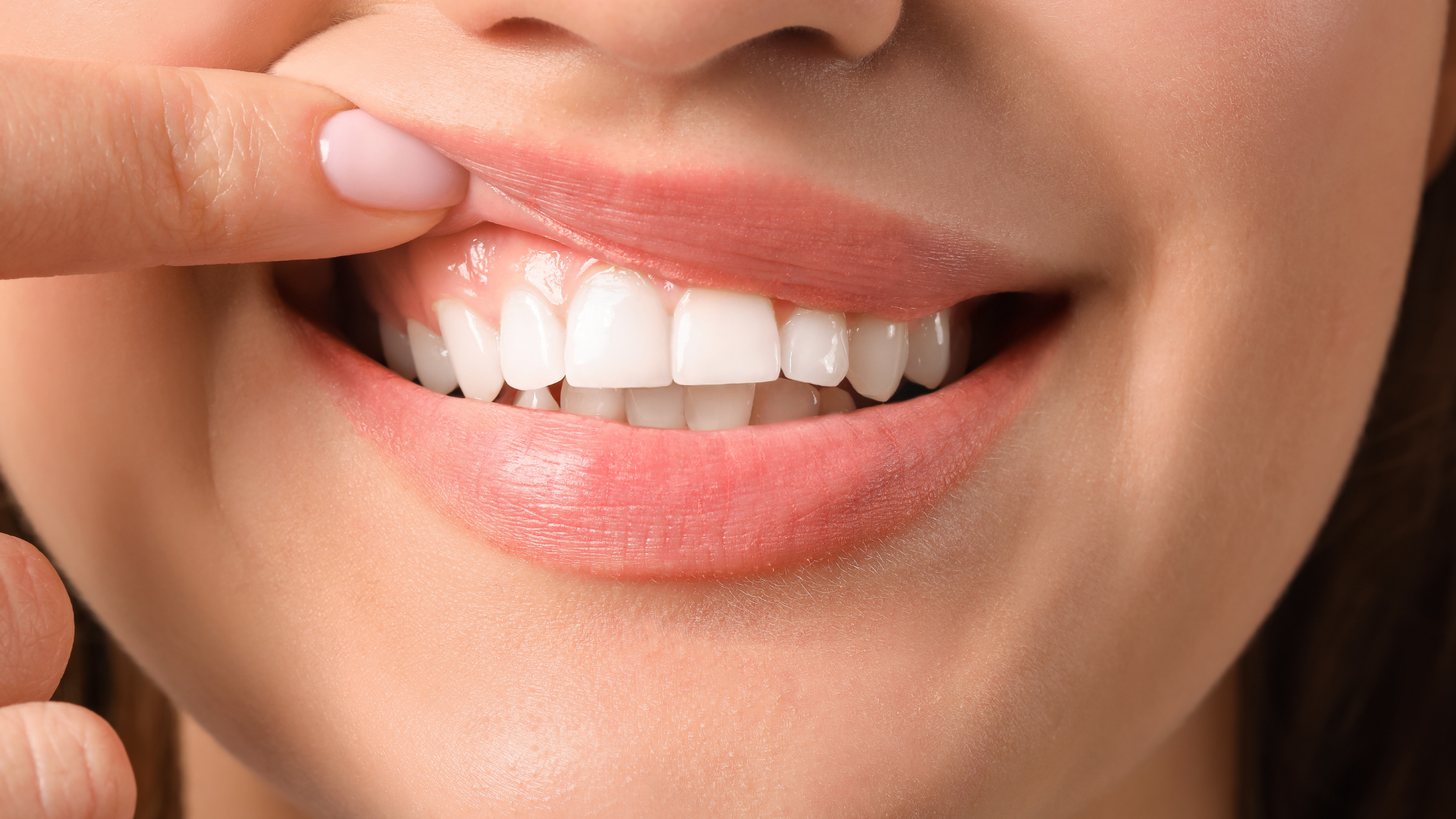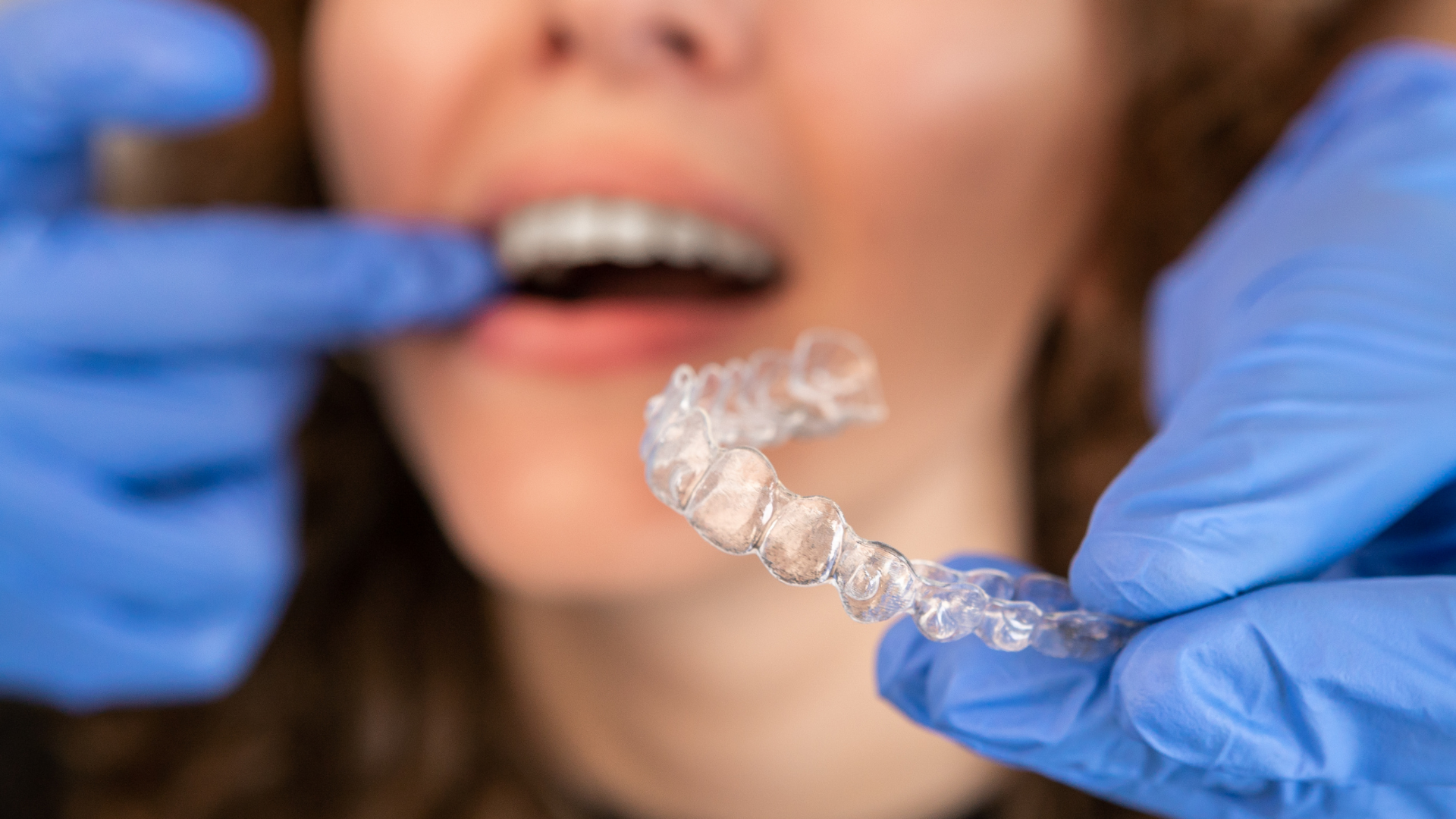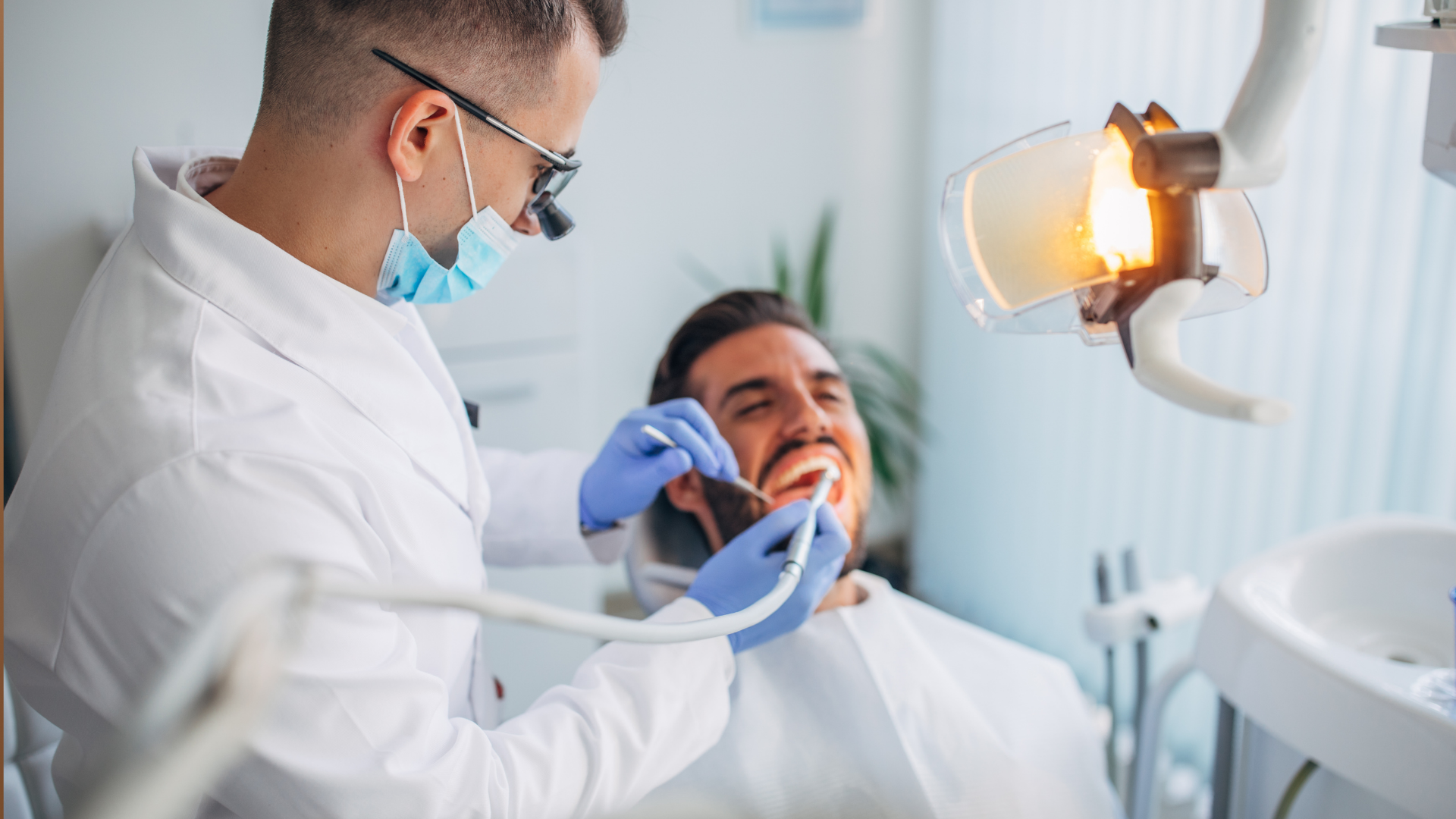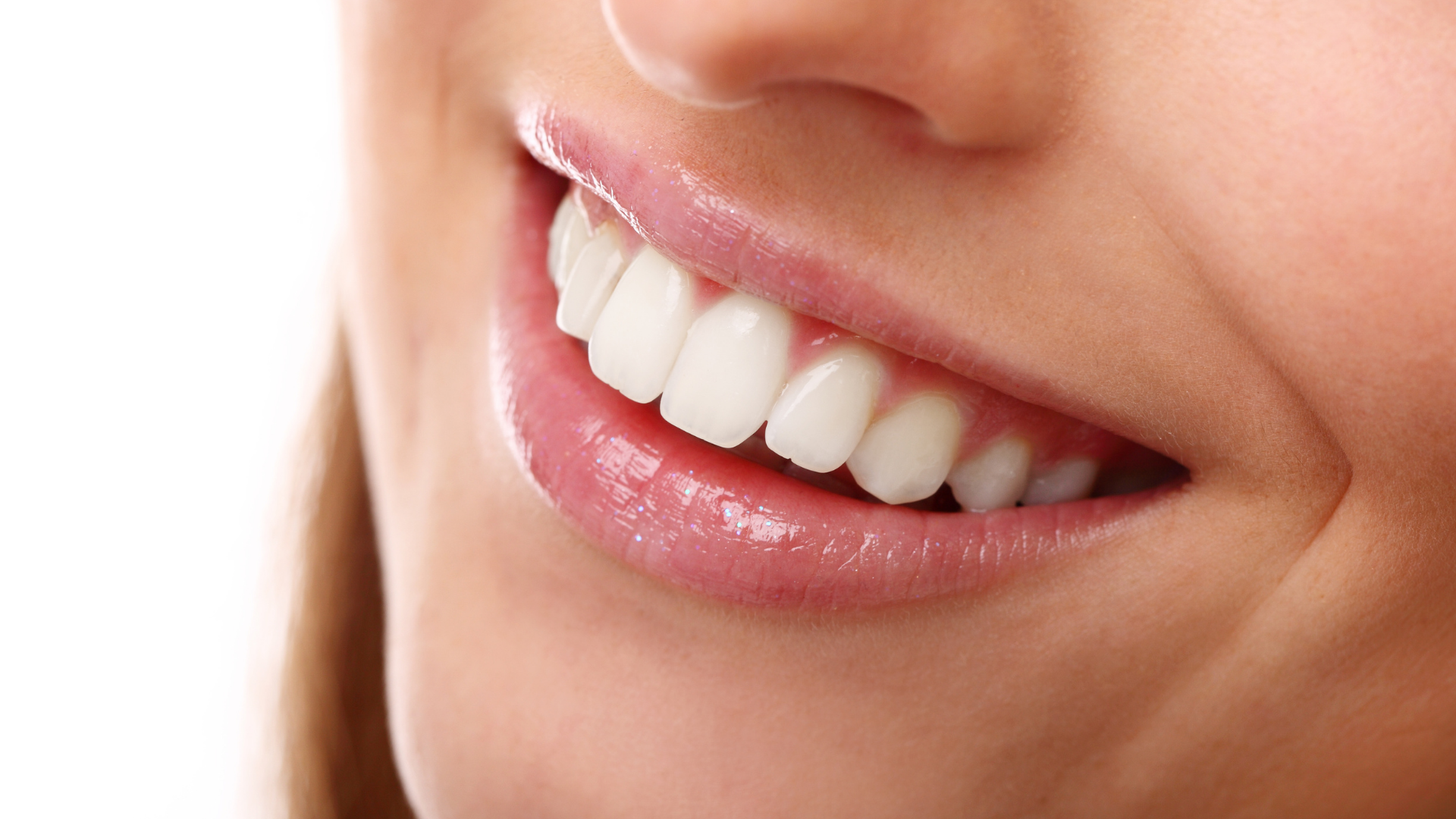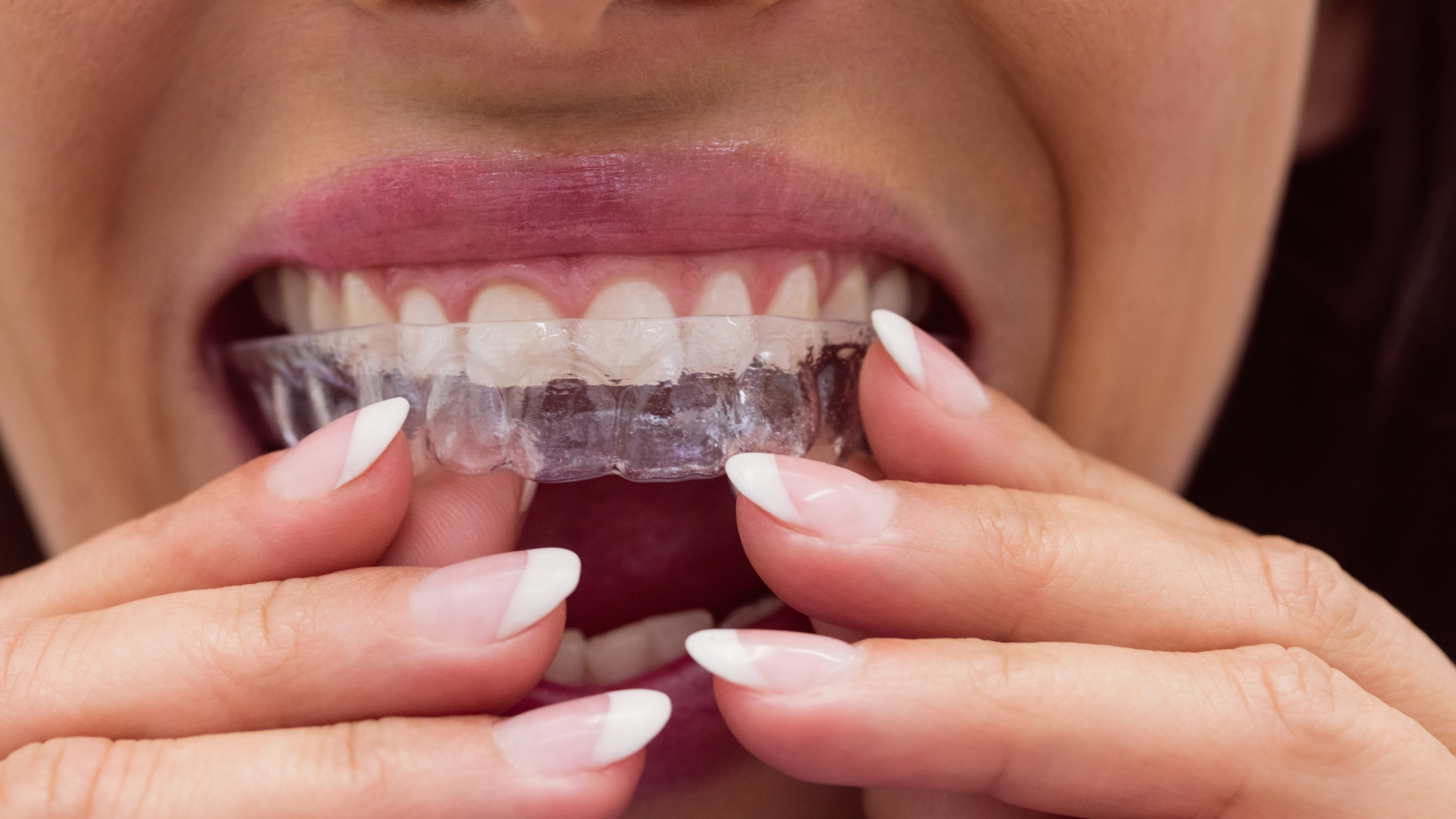After having your wisdom teeth removed, it's important to follow a specific diet to ensure proper healing and prevent complications. Knowing what foods to eat and avoid can make a big difference in your recovery process. Here are some key takeaways to keep in mind:
Key Takeaways
- Choose soft, cold, and liquid foods to eat after wisdom teeth removal.
- Avoid spicy, hard, and hot foods that can irritate the extraction sites.
- Chew slowly and gently to prevent any discomfort or pain.
- Use a straw to drink liquids and avoid putting pressure on the healing areas.
- Stay hydrated by drinking plenty of water throughout the day.
Recommended Foods After Wisdom Teeth Removal
Soft Foods
After wisdom teeth removal, it's essential to stick to a diet of soft foods to prevent irritation or damage to the surgical site. Soft foods are gentle on the gums and can help in reducing swelling and discomfort.
- Mashed potatoes
- Scrambled eggs
- Applesauce
- Yogurt
- Oatmeal
These foods not only provide the necessary nutrients for recovery but also ensure that you don't strain your jaw muscles, which can be sensitive post-surgery. It's best to consume these foods lukewarm or at room temperature to avoid any thermal irritation to the healing tissues.
Remember to avoid adding chunks or hard pieces to these soft foods, as they can disrupt the healing process and potentially lead to complications.
Cold Foods
After wisdom teeth removal, cold foods can be particularly soothing. They help to reduce swelling and provide relief from the discomfort. Ice cream is a popular choice, but make sure it's soft and avoid any mix-ins like nuts or chocolate chips.
- Greek yogurt
- Applesauce
- Smoothies
These options not only offer a cooling effect but are also easy to consume without requiring much chewing. Remember to eat slowly and gently to avoid disturbing the surgical site.
It's important to keep the food cold but not too hard, as this can cause pain or damage to the area where your
teeth were extracted.
Liquid Foods
After wisdom teeth removal, it's essential to keep your diet gentle on the healing gums. Liquid foods are ideal as they require no chewing and are less likely to irritate the surgical site. Consider incorporating the following into your post-operative diet:
- Smoothies (without seeds)
- Broths and soups (lukewarm, not hot)
- Meal replacement shakes
Ensure that any liquid food you consume is not too hot, as extreme temperatures can disrupt the healing process.
Stick to these liquid options for the first 24 to 48 hours post-surgery. As your mouth starts to heal, you can gradually introduce more solid foods into your diet.
Foods to Avoid After Wisdom Teeth Removal
Spicy Foods
Avoiding spicy foods after wisdom teeth removal is crucial for a smooth recovery. Spicy ingredients can irritate the healing tissue and may lead to discomfort or even complications.
- Steer clear of foods like hot sauces, salsa, and dishes with a lot of chili or pepper.
- Even if you typically enjoy spicy cuisine, give your mouth a break during the healing process to prevent any unnecessary pain or inflammation.
Remember, the goal is to promote healing and minimize irritation in the mouth. Opting for milder flavors in the days following your surgery can make a significant difference in your comfort and recovery speed.
Hard Foods
After wisdom teeth removal, it's crucial to avoid hard foods that can irritate the surgical site. Chewing hard foods can lead to discomfort and may disrupt the healing process. These foods can also dislodge the blood clot that forms in the socket, a condition known as dry socket, which can be extremely painful and delay recovery.
- Nuts
- Seeds
- Chips
- Hard candies
- Raw vegetables
It's best to give your mouth a rest and stick to softer alternatives until your dentist gives you the all-clear to resume your normal diet. This typically takes about one to two weeks, depending on how quickly you heal.
Hot Foods
After wisdom teeth removal, it's crucial to avoid hot foods for a period. Hot foods can cause irritation to the surgical sites and may even lead to increased swelling or bleeding. It's best to allow foods to cool to room temperature before consuming.
- Wait for soups and beverages to cool down
- Avoid foods that retain heat, like baked potatoes
- Steer clear of spicy-hot combinations as they can exacerbate discomfort
Remember, the goal is to promote healing. Consuming hot foods too soon after surgery can delay this process and increase the risk of complications.
Tips for Eating After Wisdom Teeth Removal
Chew Slowly
After wisdom teeth removal, it's crucial to chew your food slowly and gently. This helps to prevent any irritation or damage to the surgical site. By taking your time with each bite, you can also ensure that food particles are less likely to become lodged in the area where your teeth were extracted.
- Start with small bites of soft food.
- Chew using the teeth at the front of your mouth.
- Avoid chewing directly on the extraction site.
Remember, the goal is to minimize discomfort and promote healing. Chewing slowly allows your mouth to adjust to the changes and can reduce the risk of complications.
Use a Straw
Using a straw can significantly reduce the discomfort associated with eating after wisdom teeth removal. It helps to bypass the surgical sites, minimizing the risk of dislodging the blood clots that are essential for healing.
- Gently sip rather than suck aggressively to avoid disturbing the extraction sites.
- Opt for a straw that is soft or has a bendable neck for added comfort.
- Remember to dispose of or sanitize the straw after use to maintain oral hygiene.
When using a straw, be mindful of the temperature of your beverages. Extremely cold or warm liquids can cause sensitivity issues in the early stages of recovery.
Stay Hydrated
Maintaining proper hydration is crucial after wisdom teeth removal. Not only does it aid in the healing process, but it also ensures that your mouth stays clean, which can help prevent infection. Drink plenty of water throughout the day, and consider including beverages that can provide additional nutrients, such as diluted fruit juices or milk.
- Water
- Diluted fruit juices
- Milk
- Herbal teas (lukewarm or cold)
Staying hydrated is not just about drinking fluids; it's about choosing the right types of fluids that will support your recovery without irritating the surgical site.
Remember to avoid using a straw in the first few days after surgery, as the suction can dislodge the blood clot that forms in the extraction site, leading to a painful condition known as dry socket. After this initial period, using a straw can be beneficial as it minimizes contact with the sensitive areas.


